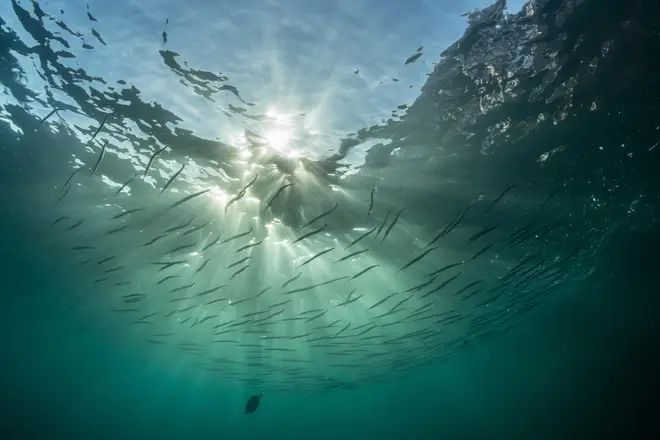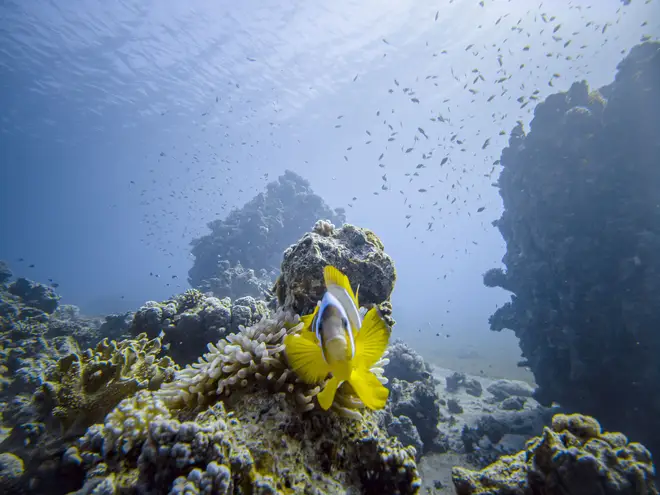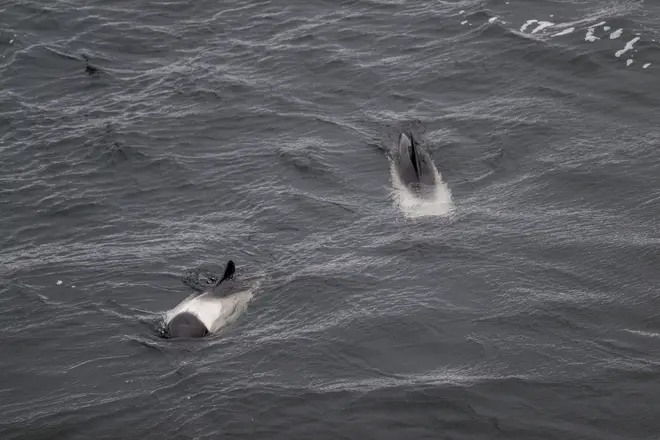
Iain Dale 10am - 1pm
5 March 2023, 11:35 | Updated: 5 March 2023, 11:40

A historic agreement to protect the world's oceans has been reached after more than a decade of disagreement.
Some 100 United Nations members have signed a treaty that will aim to protect biodiversity in the high seas, which represents nearly half the planet's surface.
The UN had put the Convention on the Law of the Sea into force in 1994, though an updated framework to promote biodiversity has been discussed for 20 years.
"We only really have two major global commons - the atmosphere and the oceans," said Georgetown marine biologist Rebecca Helm.
While the oceans may draw less attention, "protecting this half of the Earth's surface is absolutely critical to the health of our planet", she added.

Read More: New arctic blast to bring coldest day of the year so far with temperatures set to plunge to -4C
Nichola Clark, an oceans expert at the Pew Charitable Trusts who observed the talks in New York, said: "This is a once in a generation opportunity to protect the oceans - a major win for biodiversity."
The treaty will create a new body to manage conservation of ocean life and establish marine protected areas in the high seas.
And Ms Clark said that is critical to achieve the UN Biodiversity Conference's recent pledge to protect 30% of the planet's waters, as well as its land, for conservation.
The treaty also establishes ground rules for conducting environmental impact assessments for commercial activities in the oceans.
"It means all activities planned for the high seas need to be looked at, though not all will go through a full assessment," said Jessica Battle, an oceans governance expert at the Worldwide Fund for Nature.

Many marine species - including dolphins, whales, sea turtles and many fish - make long annual migrations, crossing national borders and the high seas.
Efforts to protect them - and human communities that rely on fishing or tourism related to marine life - have previously been hampered by a confusing patchwork of laws.
"This treaty will help to knit together the different regional treaties to be able to address threats and concerns across species' ranges," said Ms Battle.